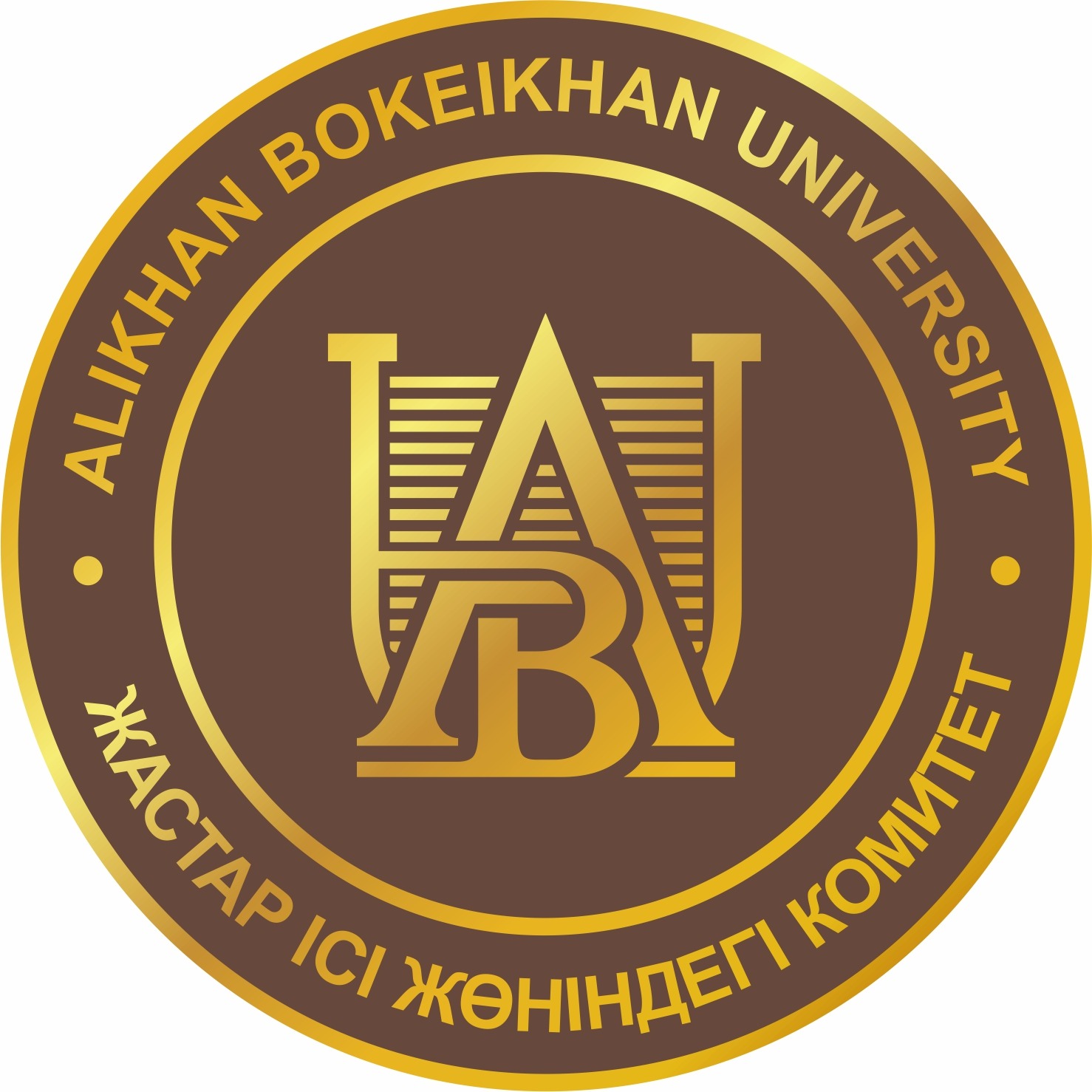
Committee on Youth Affairs

Председатель комитета по делам молодежи
Родился 30.03.2005 года в городе Аягоз Абайской области.
Выпускник 2022 года многопрофильной казахской школы-гимназии г. Аягоз Абайской области.
Учебное заведение: студент 3 курса гуманитарного факультета «Alikhan Bokeikhan University» по специальности» филология.
Достижения:
• Награжден нагрудным знаком «Отличник молодежной политики нового Казахстана 2023 года».
• Был в числе 100 лучших студентов Казахстана 2023 года и награжден нагрудным знаком.
• Лучший студент СНГ-2023 и награжден нагрудным знаком.
• Получил благодарственное письмо от акима Абайской области за вклад в молодежную политику.
• Заместитель председателя организации Альянс студентов Казахстана Абайской области.
• Работал председателем организации Альянс студентов Казахстана «ALIKHAN BOKEIKHAN UNIVERSITY» 2023-2024 учебного года.
Контактный номер: +7 771 630 03 05
Instagram: kasym_serikkaliev_
Tiktok; kasym_serikkaliev
Для присоединения к группе комитета по делам молодежи :
+ 7 747 997 1380 Ансаган Руслановна, секретарь КДМ
WhatsApp: https://chat.whatsapp.com/JaSsuJLqs3lB3h3KSHFmYg
Instagram: kdm_bokeikhan
TikTok: bokeikhan_jastary